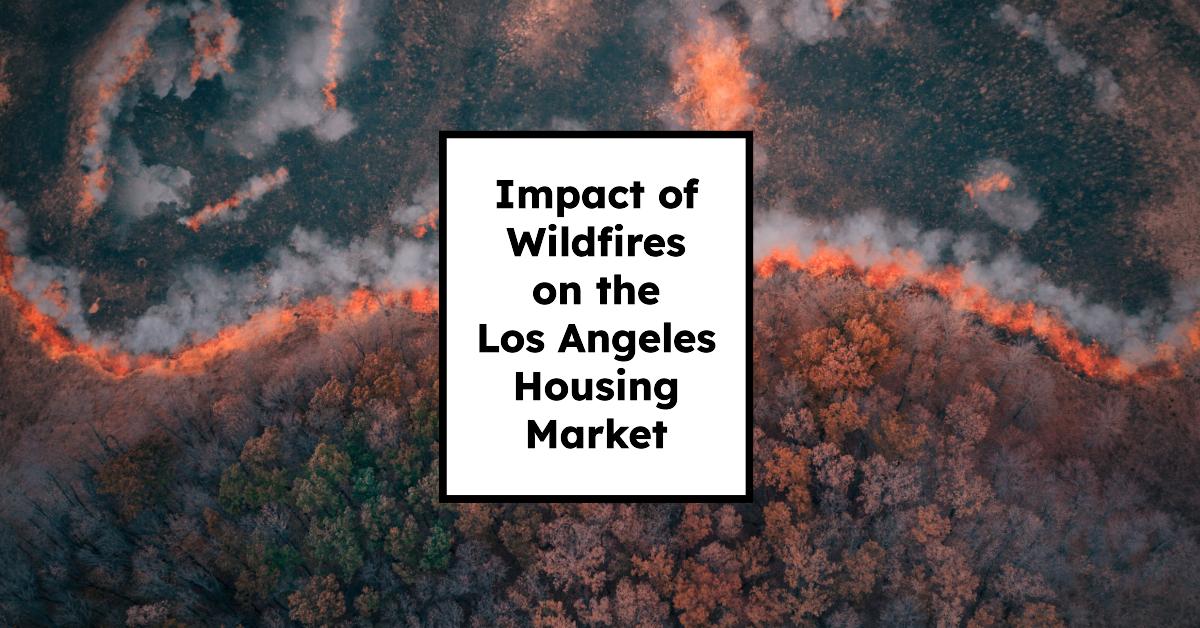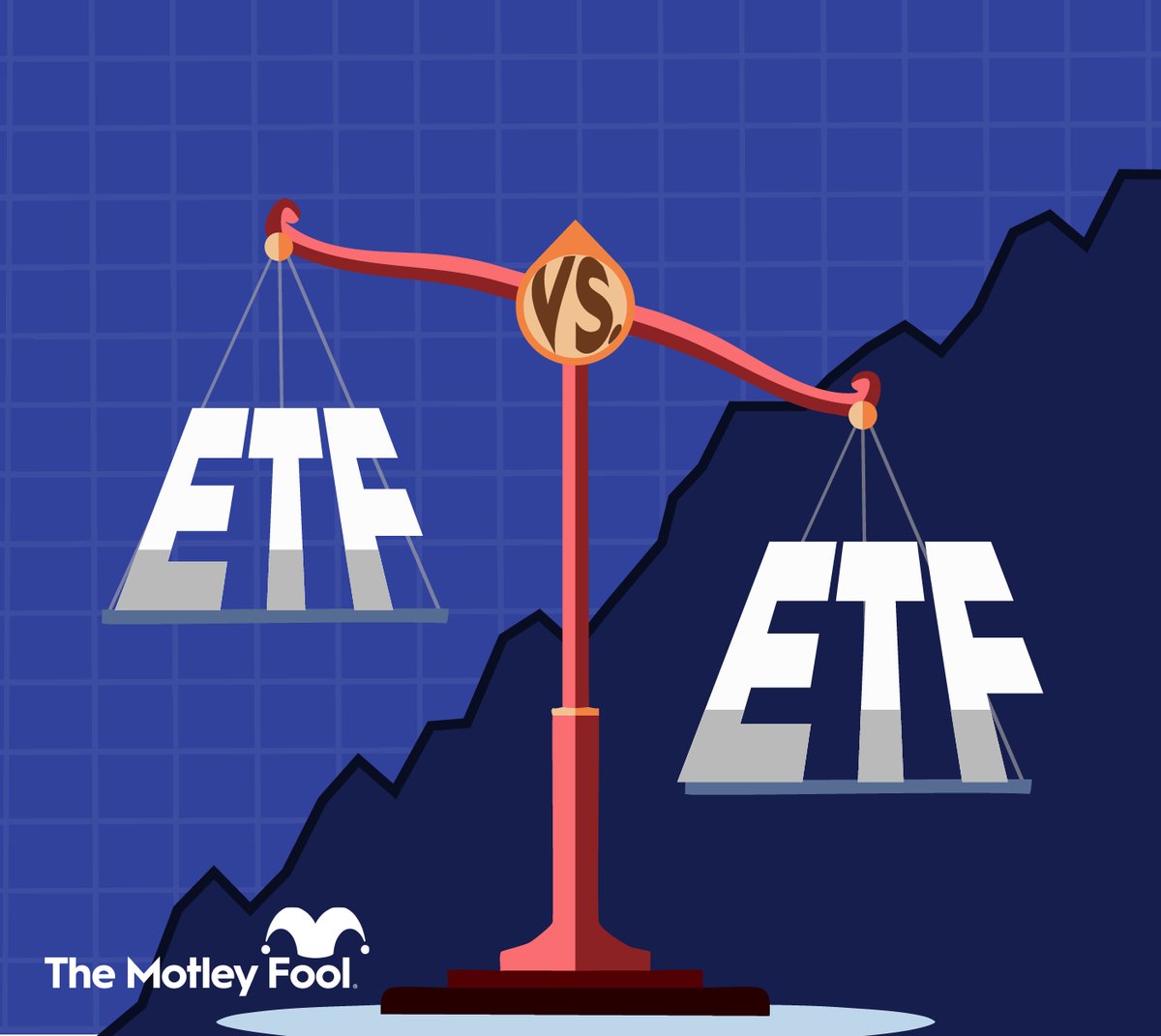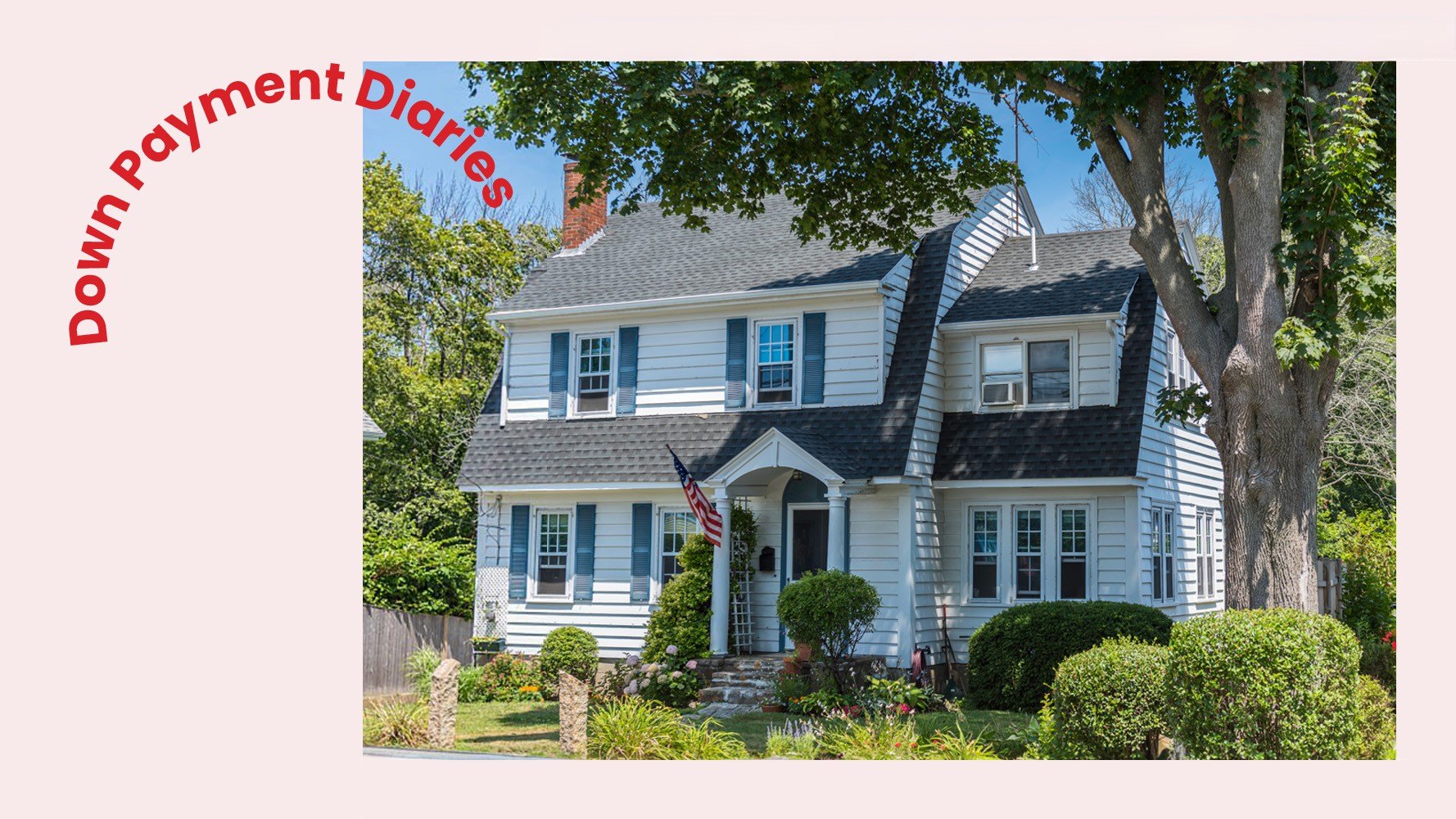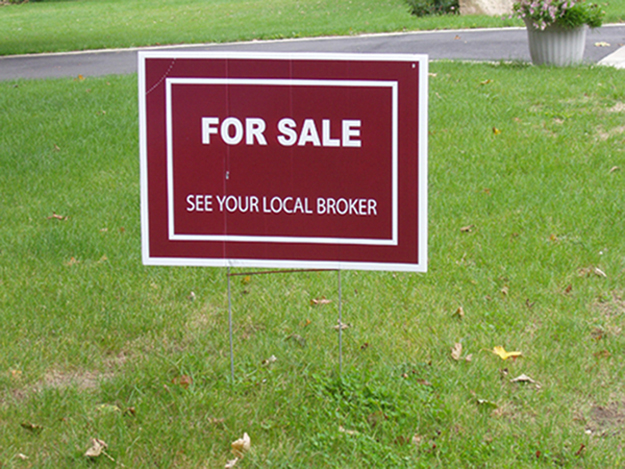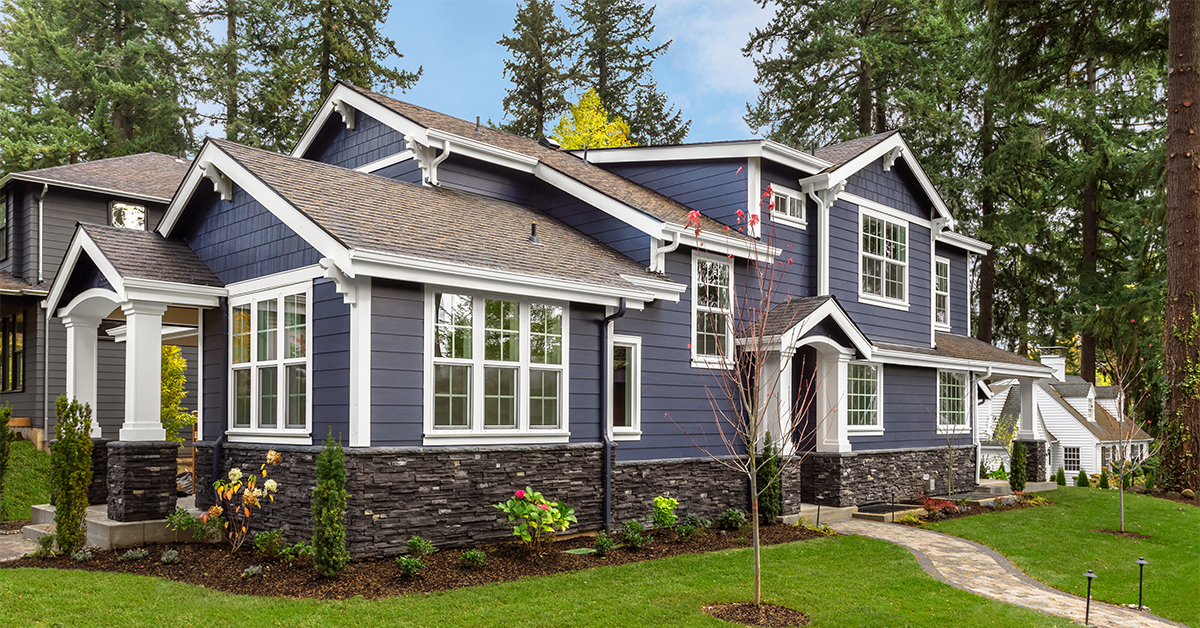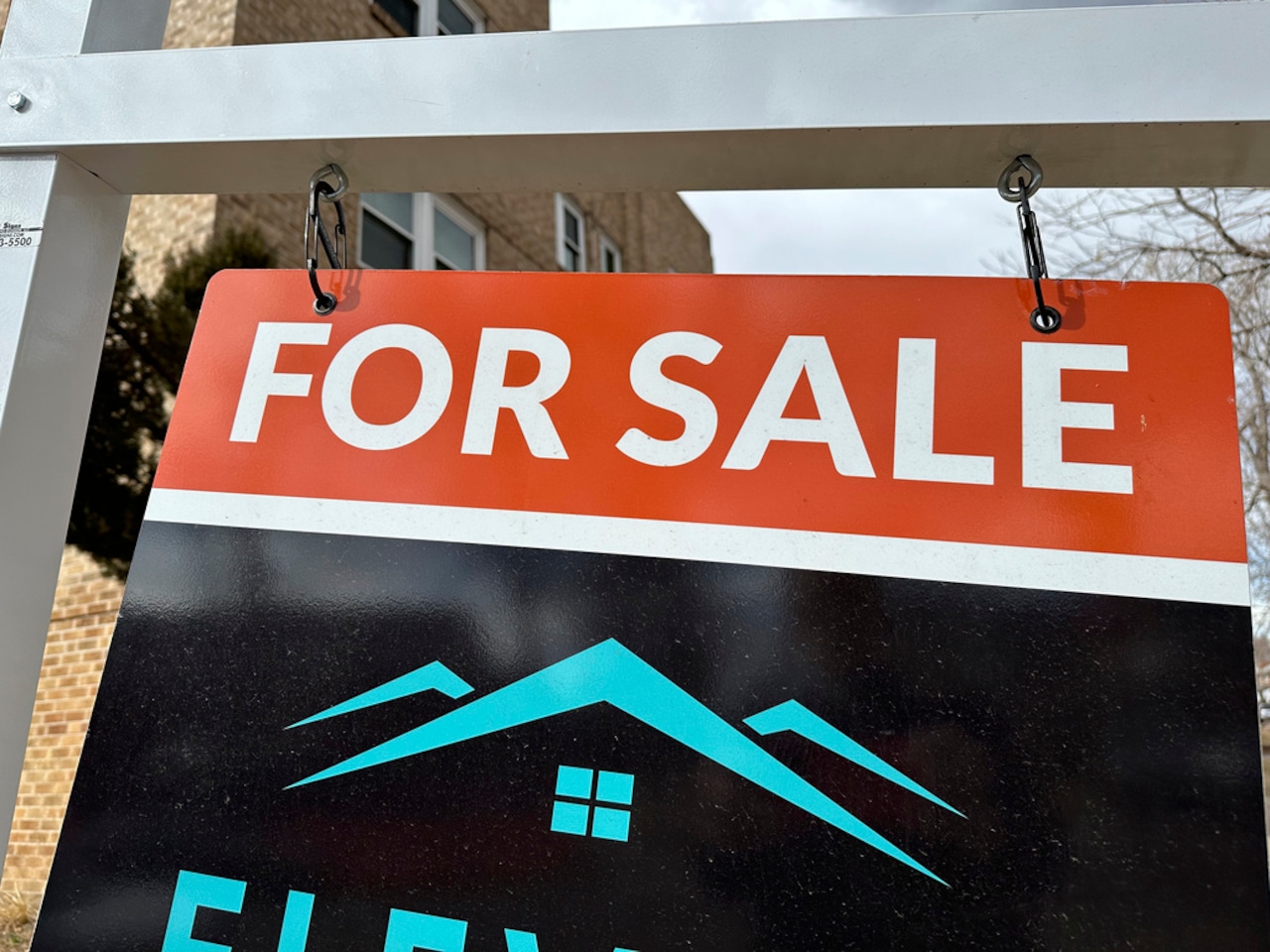W
ildfires have far-reaching consequences that extend beyond environmental damage to local economies, particularly the housing market. In Los Angeles, the ongoing wildfires are creating a volatile landscape for property owners and renters alike. The impact of these fires on the housing market involves increased rental prices, housing shortages, and heightened insurance costs.
Key takeaways from recent reports include:
* Wildfires lead to increased rental prices by as much as 8% or more.
* A growing housing shortage due to damaged properties and increased competition.
* The insurance market is strained, affecting coverage and premiums for homeowners.
* Many residents are experiencing forced relocations, leading to a surge in demand for available housing.
The immediate effects of wildfires are alarming. In the wake of destruction, many residents face the harsh reality of losing their homes. According to reports, the number of available homes on the market in Los Angeles was already down by 26 percent, and with the latest fires, this situation is projected to worsen.
The surge in housing demand is primarily caused by:
* Families needing temporary or permanent relocations.
* Increased competition among renters as displaced individuals flood the market.
* Reduced inventory as properties become nonviable due to fire damage.
Here's a table demonstrating rental price projections post-wildfires:
| Timeframe | Predicted Rent Increase |
| --- | --- |
| 0-3 Months | 8% – 10% |
| 3-6 Months | 6% – 8% |
| 6-12 Months | 4% – 6% |
The housing shortage in Los Angeles is intensifying due to the wildfires, compounding an existing issue where housing is already scarce. With fewer homes available, the competition among renters will heat up, further driving prices skyward.
One of the often-overlooked implications of wildfires on the housing market is their impact on the insurance industry. The recent fires have caused a significant strain on California's insurance market, as property owners report increasing difficulty in obtaining coverage for homes located in high-risk wildfire areas.
Insurance claims filed as a result of property destruction are projected to reach incredibly high numbers, prompting insurance companies to reevaluate risk assessments for properties. This results in:
* Higher premiums for homeowners, making it increasingly unaffordable for many.
* A limited number of policies available in high-risk areas, causing further financial strain.
* Potential loss of insurance for existing homeowners as companies reassess their risk portfolios.
Historical context and comparisons indicate that sustained housing shortages could lead to urban sprawl as people search for affordable living spaces further away from urban centers. The long-term urban planning implications for Los Angeles cannot be understated, and while the state has enacted policies to mitigate these issues, the effectiveness of these efforts remains uncertain.
Residents express their concerns about the current state of housing following the recent wildfires. With commuters often already strained under existing traffic and housing demands, the prospect of longer distances to work positions significant pressure on families. Displacement can lead to social fragmentation, with established communities being forced to scatter.
A table reflecting resident sentiment on housing post-wildfires shows:
| Concern | Percentage of Respondents |
| --- | --- |
| Increased Rent | 75% |
| Lack of Available Housing | 82% |
| Difficulty in Reconstructing Homes | 68% |
As Los Angeles continues to grapple with these wildfires and their residual effects, it's clear that immediate actions will shape the housing market for years to come. With discussions surrounding urban planning and disaster preparedness taking center stage, stakeholders must work collaboratively to ensure more resilient housing frameworks are established.
The prospect of higher rents, fewer available homes, and rising insurance costs can create a perfect storm for families already struggling with financial burdens. As the wildfires smoke clears and residents begin to ponder their future, one thing remains clear—long-lasting changes to the Los Angeles housing market are imminent.
